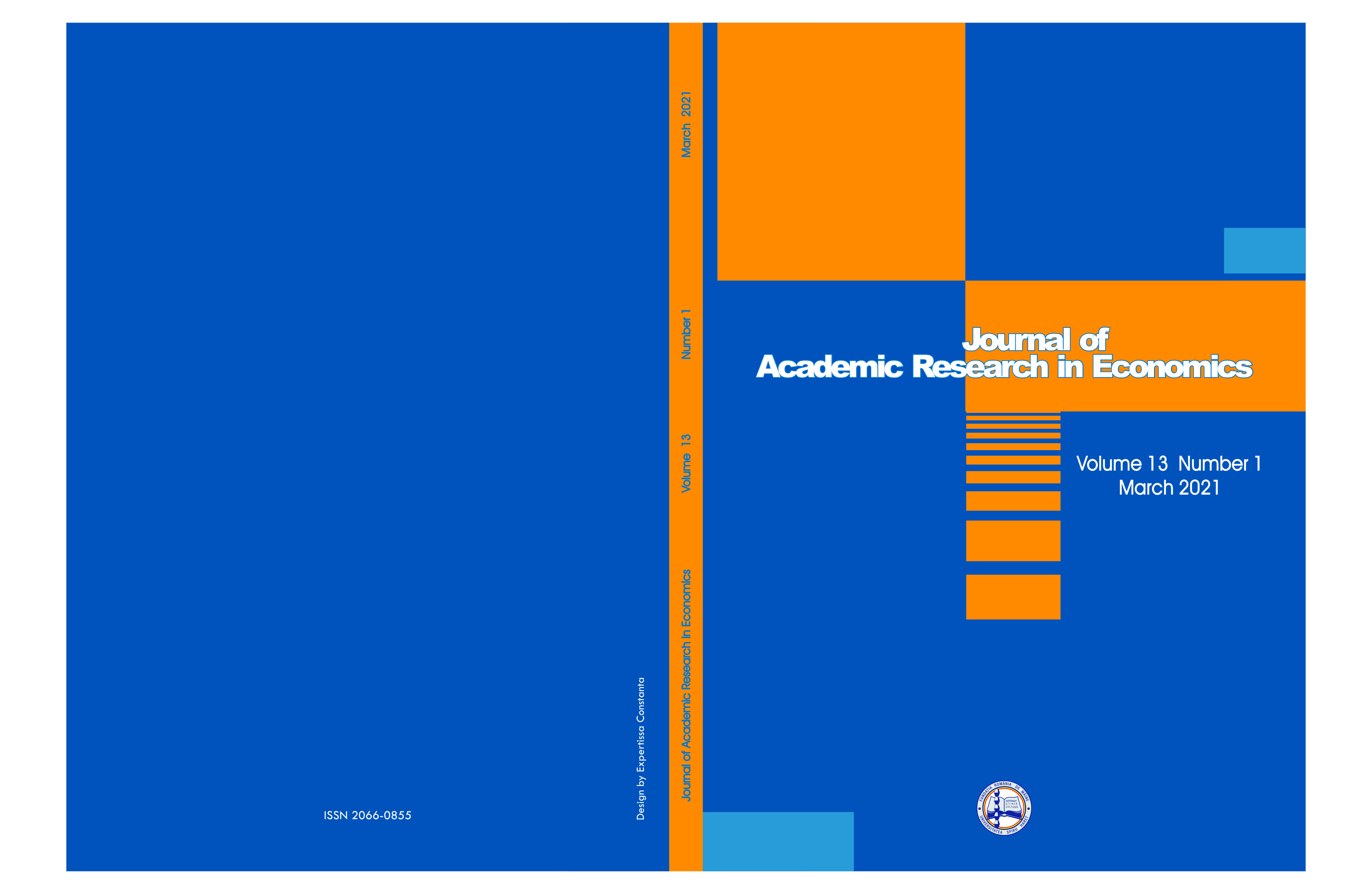FINANCIAL OPENNESS, FOREIGN PORTFOLIO INVESTMENT AND STOCK MARKET DEVELOPMENT IN NIGERIA
FINANCIAL OPENNESS, FOREIGN PORTFOLIO INVESTMENT AND STOCK MARKET DEVELOPMENT IN NIGERIA
Author(s): Joel Obayagbona, Eghosa Lawson IgbinoviaSubject(s): Financial Markets
Published by: Universitatea SPIRU HARET - Faculty of Accounting and Financial Management
Keywords: Financial Openness; Foreign Portfolio Investment; Stock Market Development; Econometric and Statistical Methods;
Summary/Abstract: This study examines the relationship between financial openness, FPI and SMD in Nigeria for the period 1986 to 2018). The study employed the Vector Cointegration and Error Correction techniques (VECM) in its empirical analysis. The results from the empirical analysis indicate that the perceived benefits of foreign portfolio investment have not been realized in Nigeria. Specifically, the study reveal that financial openness does not significantly impact the development of the Nigerian Capital Market. Either in the short run and in the long run. On the other hand, while financial openness has little impact on capital market performance, it however has a very strong impact on capital market liquidity in Nigeria. Variations in market liquidity are largely explained by the level of financial openness in the country. Foreign portfolio investment (FPI) does not significantly impact market capitalization. In the short run, foreign portfolio investment (FPI) inflows significantly impact capital market liquidity in Nigeria. Financial openness is strongly exogenous in Nigeria. This implies that capital market factors do not determine the level or direction of financial openness in Nigeria, rather, factors beyond the market tend to determine the extent of financial openness in the country. Study recommends among others that, inflows of FPI should be controlled and based on internal developments or factors within the capital market such as high liquidity or structural depth of the market and not on investor-determined factors that are usually extraneous to the characteristics of the capital market. For instance, demutualization of the Nigerian stock market could imply more confidence by foreign investors regarding the efficiency of the market. This will help to limit rapid reversal of investment from the market when there are problems from outside the market.
Journal: Journal of Academic Research in Economics (JARE)
- Issue Year: 13/2021
- Issue No: 1
- Page Range: 184-200
- Page Count: 17
- Language: English
- Content File-PDF

